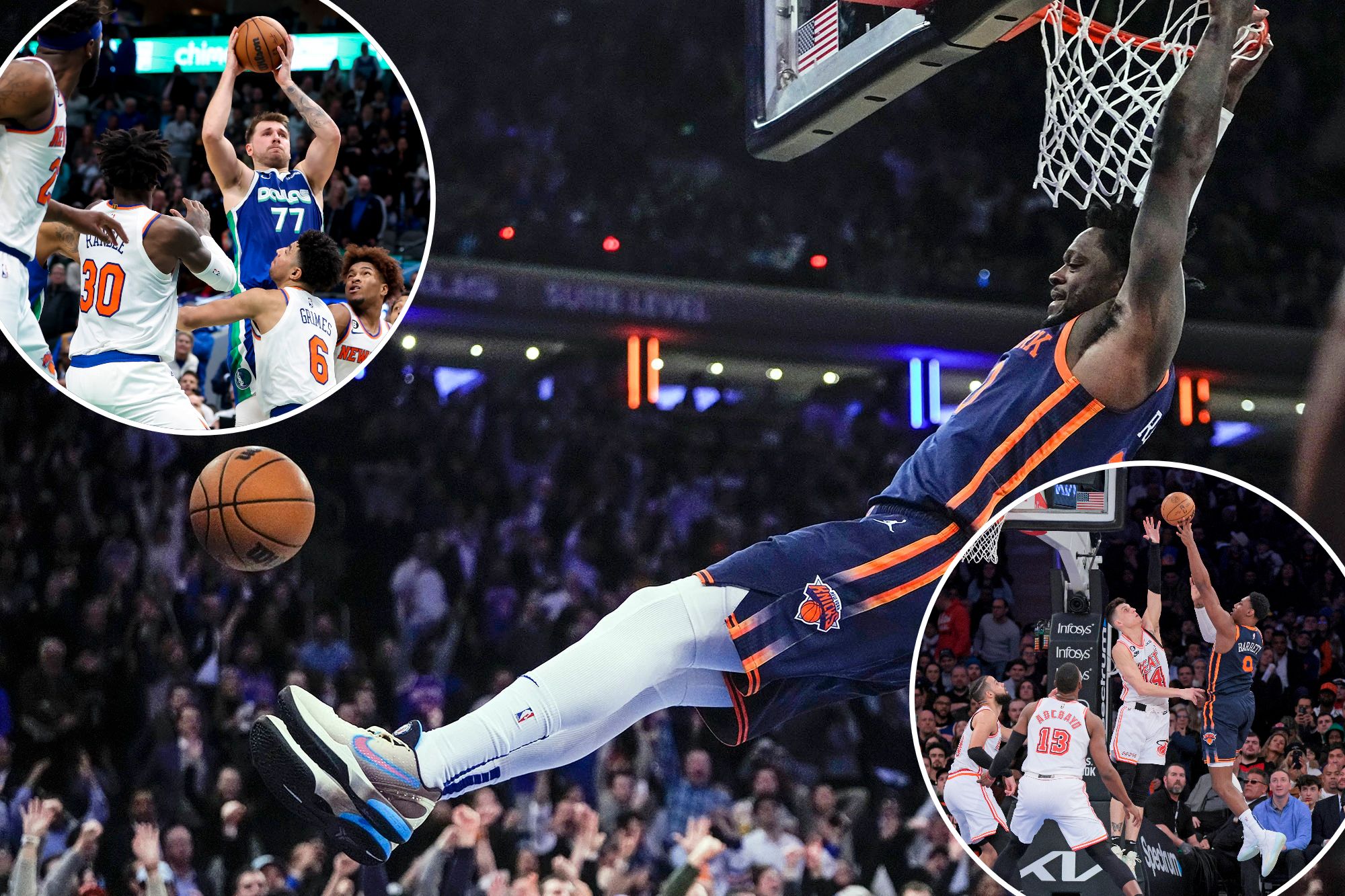The New York Knicks, a franchise perpetually under the microscope, have once again found themselves at the epicenter of the NBA`s coaching carousel. Following a season that, by recent historical standards, was considered a success – even making the playoffs – the decision to part ways with head coach Tom Thibodeau signaled an unambiguous desire for more. This ambitious pursuit, however, has quickly devolved into a complex challenge, as their initial high-profile targets remain stubbornly out of reach.
The Elusive Jason Kidd: A Pursuit Derailed
At the forefront of New York`s reported wish list was Jason Kidd, the celebrated former player now coaching the Dallas Mavericks. The allure was evident: Kidd`s championship pedigree as a player and his coaching experience with star-laden teams. Yet, as reports emerged, the path to bringing Kidd to Madison Square Garden proved to be anything but straightforward. With two years remaining on his Mavericks contract, Dallas has shown no inclination to grant the Knicks permission for an interview, effectively slamming the door shut on any immediate prospects.
Adding a layer of strategic intrigue, sources suggest Kidd`s reported interest from New York might be less about a genuine desire to relocate and more about leveraging the situation. The prevailing belief is that Kidd could be using the Knicks` overtures as a bargaining chip to secure a more lucrative, long-term contract extension with the Mavericks. A perfectly rational, if slightly inconvenient, play in the high-stakes game of professional sports contracts.
The Complexities of Poaching Coaches Under Contract
The situation with Kidd is not an isolated incident. The Knicks` search has reportedly also seen them strike out on other coaches currently employed by rival teams, including Houston Rockets` Ime Udoka and Minnesota Timberwolves` Chris Finch. This pattern underscores a significant, often underestimated, hurdle in the modern NBA: acquiring a coach already under contract. Unlike player trades, coaching changes of this nature are exceptionally rare, having occurred only a handful of times in NBA history. The reasons are multifaceted:
- Contractual Obligations: Coaches, like players, have binding contracts. Teams are not obligated to release them.
- Financial Burden: Hiring an existing coach often means the acquiring team must not only pay the new coach a substantial salary but potentially also buy out the remaining years of the previous coach`s contract – a double financial hit. The Knicks, for instance, would still owe Tom Thibodeau for his remaining three guaranteed years.
- Trade Compensation: In rare instances where a coach is “traded,” the acquiring team might need to send draft picks or other assets as compensation, further complicating the deal.
The sheer financial and logistical gymnastics required to poach a successful coach from another franchise make such endeavors akin to navigating a bureaucratic maze while blindfolded. It requires not just interest, but a perfect alignment of circumstances, none of which appear to be present for the Knicks` top targets.
Shifting Focus: The Available Talent Pool
With the more adventurous, and ultimately futile, avenues largely exhausted, the Knicks are now compelled to pivot their attention to a more accessible talent pool. This includes a robust list of experienced coaches currently unattached to an NBA team, as well as promising assistant coaches ready for a head coaching debut. Names frequently cited include:
- Veteran Head Coaches: Michael Malone (most recently led Denver to a championship), Mike Budenholzer (another championship coach), and Taylor Jenkins (known for developing talent in Memphis) offer proven track records and strategic depth.
- Rising Assistant Coaches: Johnnie Bryant, a former Knicks assistant now with the Cleveland Cavaliers, has been consistently highlighted as a strong candidate. His familiarity with the organization and his reputation for player development make him an attractive prospect.
The Knicks` initial aspiration was clearly to secure an immediate, high-impact hire, a figure who could instantly elevate their standing. However, the reality of the NBA`s intricate contractual landscape dictates a more pragmatic approach. The challenge now lies not just in finding a capable coach, but in selecting one who can genuinely meet the franchise`s elevated expectations, all while operating within the confines of what is actually attainable.
Conclusion: A Test of Strategic Patience
The New York Knicks` coaching search serves as a fascinating case study in ambition meeting reality. Their willingness to aim high, even after a relatively successful season, speaks volumes about their long-term vision. Yet, the rapid rejection from top-tier, currently employed coaches underscores the fundamental barriers to such moves. The path forward for New York is now less about grand gestures and more about judicious selection from the available and viable candidates. The outcome will undoubtedly shape the franchise`s trajectory for years to come, proving that sometimes, the most effective strategy isn`t about chasing the biggest name, but finding the right fit, even if it requires a strategic recalibration.

